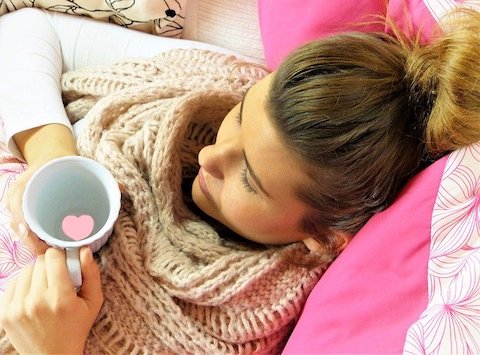Do You Feel Seen and Valued?
By Dr. Margaret PaulJune 01, 2020
When you see and value yourself, how do you manage the feelings that may still come up when others don't see and value you?
 Earlier in my life I didn’t feel seen by others. Since I never felt seen by my parents, I figured this was just the way it was in life. While sometimes I felt sad or angry at not being seen, I mostly just accepted it.
Earlier in my life I didn’t feel seen by others. Since I never felt seen by my parents, I figured this was just the way it was in life. While sometimes I felt sad or angry at not being seen, I mostly just accepted it.
However, once I started to practice Inner Bonding and connect with my spiritual guidance, I gradually learned to see and value myself—my true essence. Over the years of practicing Inner Bonding, I grew less and less tolerant of not being seen by others.
I questioned this with my guidance…
"Why, since I now see myself so clearly, it is it still important to me to be seen by others? I thought that if I saw myself, I wouldn't need to be seen by others."
Here is her answer to me:
"My dear one, it’s true that you no longer need to be seen by others, as you did before you learned to see yourself. But why would you want to spend time with people who don't see and value you? It doesn't feel good to not be seen accurately by others who are important to you. It's healthy that you have become less tolerant of not being seen and valued. In the past, due to not seeing yourself, you tolerated not being seen, but this was not loving to you. Disengaging from people who don't see you and who project their own issues onto you is loving action toward yourself.
"The feelings you get when around someone who doesn't see you are important for you to attend to. These feelings are letting you know that you need to disengage, either from the person or from the interaction."
I used to pride myself at being able to tolerate so much unloving behavior toward me from others.
Now I see that tolerating others' unloving behavior was a controlling way of getting them to think I was a good and caring person. Now that I know I'm a good and caring person, I'm not overly concerned with what they think about me, which has opened the door to being aware of how badly I feel when others are unloving to me. Now I see that tolerating others' unloving behavior toward me is not loving to myself. It was a strange concept to me that becoming less tolerant is progress!
Now, attending to the feelings I have when someone doesn't see me means taking loving action on my own behalf. The more I don't tolerate others' unloving behavior toward me, and take loving action, the more valued and loved by me my inner child feels.
I look back at my life before Inner Bonding and I'm astounded that I used to believe I was being a loving person by tolerating others' unloving behavior toward me. At that time, I never looked through the lens of what was loving to ME. I only looked through the lens of what seemed loving to OTHERS, so that they would like me and not reject me. Now that I'm loving me, I don't even think about whether or not others are going to like me or reject me. I've stopped taking others' behavior personally, but that doesn’t mean that I want to be around people who don't see me and value me.
Whereas I used to value myself for tolerating others' unloving behavior, now I value that I DON'T tolerate it!
Join Dr. Margaret Paul for her 30-Day at-home Course: "Love Yourself: An Inner Bonding Experience to Heal Anxiety, Depression, Shame, Addictions and Relationships."
Join IBVillage to connect with others and receive compassionate help and support for learning to love yourself.
 Send this article to a friend
Send this article to a friend  Print this article
Print this article  Bookmarked 0 time(s)
Bookmarked 0 time(s)
| Related Articles |
|---|
| What Makes You Feel Worthy and Lovable? |
| The Need to Feel Special |
| How Do You Feel About Yourself? |
Comments
| Author | Comment | Date |
|---|---|---|
| Join the Inner Bonding Community to add your comment to articles and see the comments of others... | ||

Daily Inspiration
When we connect with Spirit and we fill ourselves with love, our love overflows and we want to share it with others. How do you want to share your love today? How do you want to show your caring? What service to others do you want to express today?
By Dr. Margaret Paul

 Share with Del.icio.us
Share with Del.icio.us Share with Digg
Share with Digg






